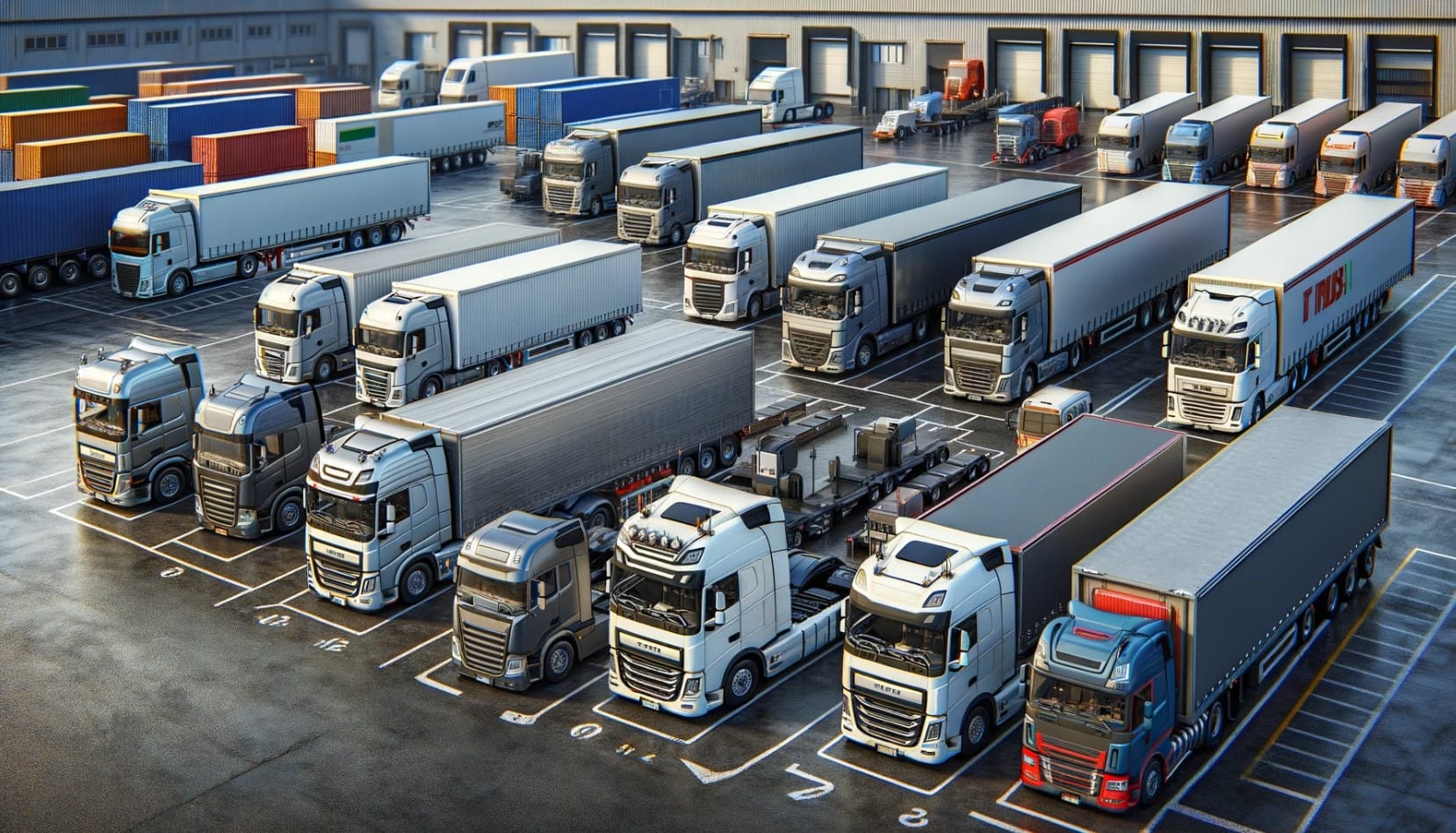Fleetmanagement
Fleet management systems (FMS) are a collection of technologies and software solutions that enable businesses to track, monitor, and control their fleet of vehicles in real-time. They often include GPS technology, telematics, and advanced data analysis to help optimize routes, improve driving behavior, and enhance efficiency in logistics operations.
These systems are crucial tools for logistics departments in many industries as they contribute to increased efficiency, reduced operating costs, and, importantly, an improved environmental profile.
Environmental Benefits


Fleet Management Systems: General Benefits
1. Increased Efficiency
Fleet management systems enable companies to have a complete overview of their vehicles and drivers in real-time. This allows for route optimization, task customization, and minimization of unnecessary detours. As a result, efficiency is enhanced, leading to time and resource savings.
2. Reduced Fuel Consumption
One of the most obvious advantages of fleet management systems is the significant reduction in fuel consumption. By using real-time vehicle performance data, these systems can help prevent unnecessary idling, optimize driving behavior, and reduce fuel consumption. This is beneficial for both the company’s bottom line and the environment, as it reduces the emission of greenhouse gases like CO2.
3. Improved Driving Behavior
Fleet management systems allow for close monitoring of driver behavior. By tracking speed, acceleration, braking, and idle time, companies can encourage safer and more fuel-efficient driving. This can not only reduce environmental impact but also decrease the risk of accidents and improve road safety.
4. Optimized Maintenance
These systems enable the monitoring of vehicle conditions and the scheduling of regular maintenance. This helps prevent unexpected breakdowns, reduces downtime, and extends the lifespan of vehicles. By reducing the need for replacements and repairs, companies also reduce waste production and save resources.
5. Increased Customer Satisfaction
Fleet management systems allow companies to provide customers with accurate delivery times and real-time tracking of their shipments. This leads to increased customer satisfaction and loyal customers, which are crucial for the success of any business.
Tracking with Smart Sensors
A crucial component of modern fleet management systems is the use of sensors that continuously monitor the condition of vehicles and their surrounding environment. These sensors can collect data on factors such as fuel level, tire pressure, engine temperature, and ambient temperature conditions. Sensor tracking allows companies to have even more detailed insights into their fleet operations, which can, in turn, lead to further optimization. This precision in data collection and analysis makes fleet management systems even more powerful and contributes to improving both efficiency and environmental sustainability in the logistics world.
Order Tracking
Transported goods are all the items that need to be transported from point A to point B. This can range from packages to vehicle equipment. Tracking orders can, but does not necessarily need to be integrated with fleet management platforms. Our software helps you track your shipments so you always know where they are and how they are doing. Read more about our Order Track & Trace or Order Tracking solution on this page: https://stra.com/track-trace-af-ordre-med-automatisk-ankomst-avisering/

User-Friendly
Our solutions excel in user-friendliness. By using robust yet simple reporting, you can easily and quickly see what is important.
Integration-Friendly
Our software integrates seamlessly with the systems you already use. A high level of data exchange (reuse) ensures this. Combined with extensive experience, we make solutions work to your advantage.
Reliable
You can trust in SolutionWeb’s quality. Our software excels with excellent uptime, ensuring that your processes never come to a halt.
Contact us
If you are looking for a way to save time and money in your business, Fleetmanagement is definitely worth considering. With our smart software, you will have real-time data on your goods and make better decisions. Contact SolutionWeb today to learn more about our software. We will be happy to provide you with non-binding information about our software and answer all your questions.



